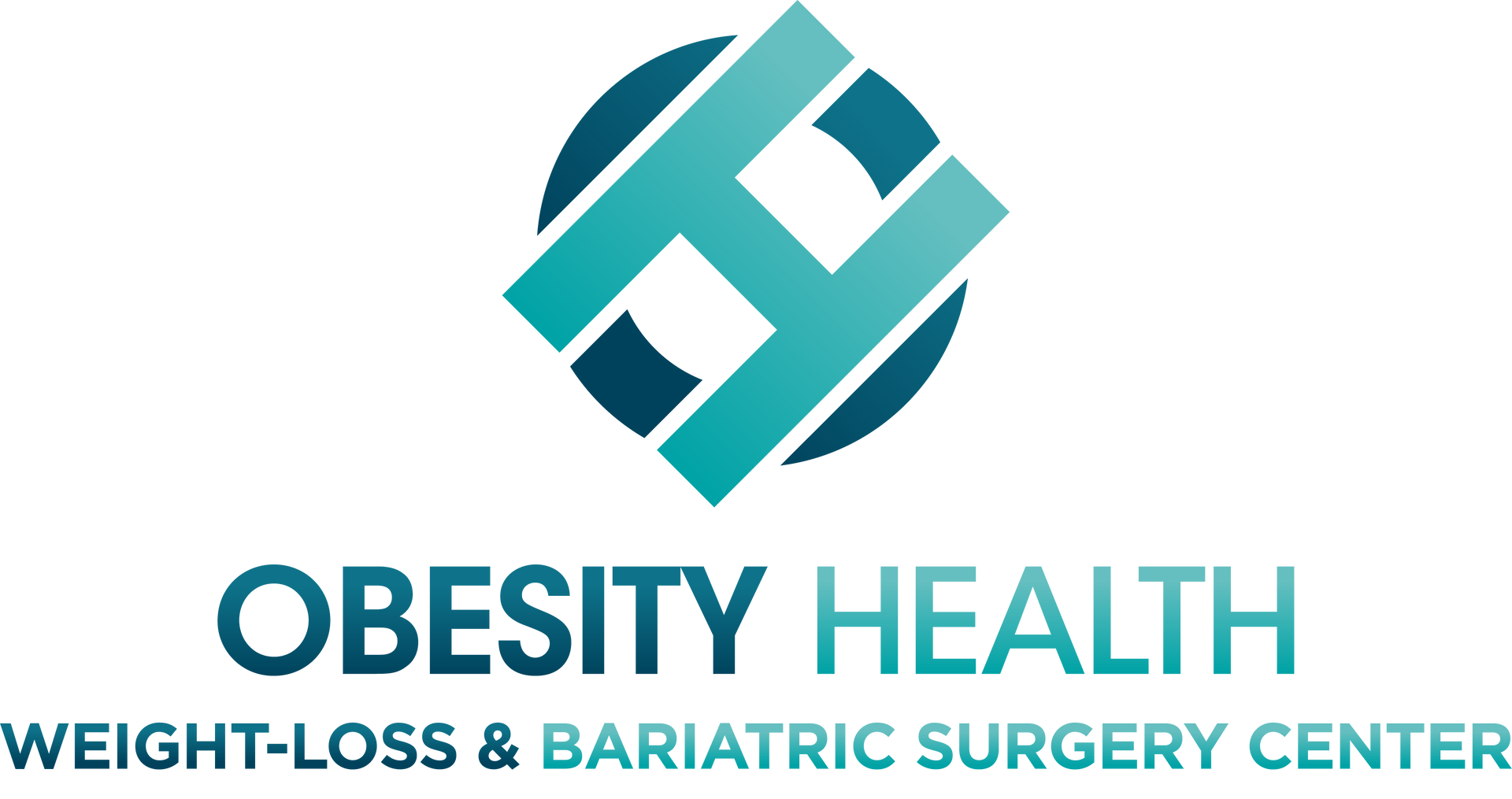Bypass Gástrico en Y de Roux
The Roux-en-Y Gastric Bypass or simply known as Gastric Bypass, is one of the best known procedures. It consists of making a small stomach between 5 to 10% of the total volume and connecting the distal intestine to that small stomach. This procedure is designed to achieve adequate weight loss and remit associated diseases. The Roux-en-Y Bypass works through 5 mechanisms: 1.- Restriction: This happens because the stomach is much smaller, this causes the amount of food that can fit in your new stomach to be less. 2.- Decreased appetite: This happens because by creating a bypass or a "jump" of food, the production of hormones is stimulated, specifically GLP-1 and PYY, which are hormones that have, among other functions, early satiety or decreased appetite. 3.- Increased metabolism: The increase or acceleration of cellular metabolism occurs immediately after surgery, this occurs mainly due to the release of hormones produced in the distal intestine GLP-1 and PYY and the hormones produced when food skips the first portion of the intestine, GIP. 4.- Increased satiety: Food passes more quickly into the intestine, this is known as "increased gastric emptying" this occurs due to the pressure generated by the small stomach. The rapid entry of food into the distal intestine causes a negative feedback mechanism to be generated, that is, the body perceives that there is already food in the final part of the intestine "quickly" which causes a significant increase in satiety. 5.- Decreased absorption: The connection that exists between the intestine and the stomach allows food to skip between 1.5 to 3 meters of intestine (the total measurement of the intestine varies between 4 to 7 meters), which decreases the total absorption of food.
YOU ARE NOT ALONE!
We are there to support you in all aspects of your change.
01
How much weight will I lose with my Roux-en-Y Gastric Bypass?
Weight loss during the first month is about 10 to 20% of excess weight (between 8 and 16 kg). After 3 months you will be able to lose... See more.
02
Instructions prior to my surgery
Prior to surgery, ALL patients must undergo preoperative studies, follow a preoperative diet and undergo a psychological assessment. In addition... See more.
03
During my hospitalization
Upon arrival at the hospital you will be greeted by the medical team who will take you to your room and ask you some medical questions, then... See more.
04
After my surgery
Make the necessary changes to achieve the desired success and obtain permanent results, make it a lifestyle... See more.



